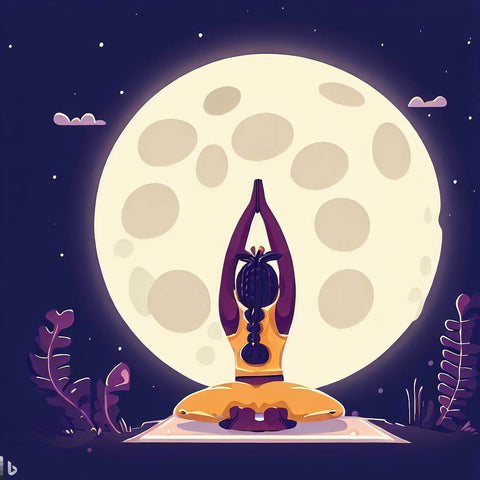Why Iron Matters During Your Cycle
As a nutritionist, I’ve worked with many women who feel wiped out during their periods. Often, they’ve been told it’s just “part of being a woman.” But when we check their iron levels, the real reason becomes clear. Every time you bleed, you lose iron. And if your stores are already low, that monthly loss can have a real impact.
The uterus sheds a blood-rich lining each month. Most people lose around 30 to 40 millilitres of blood during their period, but some lose much more. Each millilitre contains about 0.5 milligrams of iron. That means even a typical cycle can cost you 15 to 20 milligrams. For anyone with heavy bleeding, the numbers rise quickly.
If your intake isn’t keeping up, iron deficiency can set in. Over time, that may become iron deficiency anaemia. And that brings fatigue, breathlessness, and a brain fog I wouldn’t wish on anyone.

Can You Get Enough Iron From Food Alone?
Sometimes. But not always.
Heme iron, from red meat and poultry, is the most easily absorbed. Non-heme iron, found in plants like spinach and lentils, is harder for the body to take in. If you eat little or no meat, you need to work harder to meet your needs.
Even with a good diet, absorption is a delicate thing. Vitamin C helps. Calcium and caffeine get in the way. I always remind clients not to take their supplements with tea, coffee, or dairy. It makes a difference.
Should You Take Iron Supplements During Your Period?
Yes, you can. And in some cases, you should.
Your body naturally increases iron absorption when you’re losing blood. It’s a clever system, but not always enough to keep up with demand. If your diet falls short, or you have heavy periods, a supplement can be a smart choice.
I always recommend gentle formulations. Conventional iron tablets often lead to nausea, constipation, or that heavy feeling in the gut. There are better options now, including our nano iron that bypasses the stomach and absorbs where it’s needed most.
Will Taking Iron Change Your Flow?
It’s unlikely to make a dramatic difference. Some studies suggest changes in bleeding patterns after supplementation, but the evidence isn’t clear.
In my experience, if your flow changes while taking iron, it’s usually not the iron itself. It’s more likely related to hormonal shifts, medication, stress, or the underlying cause of your heavy periods.
That said, iron can make you feel better during your cycle by restoring what you’ve lost. And that matters.
Can Iron Help With Period Symptoms Like Fatigue or Cramps?
Indirectly, yes.
Low iron affects how oxygen moves around your body. When your muscles and brain aren’t getting what they need, you feel it. Restoring iron levels doesn’t erase cramps, but it can make them easier to cope with. It also helps reduce the crushing fatigue some people feel before and during their period.
Many women I work with notice that once their iron is replenished, they move through their cycle with more energy, less fog, and fewer crashes.
How to Take Iron Supplements During Your Period
- Choose a well-absorbed, gentle form of iron. Nano iron or iron bisglycinate are usually better tolerated than ferrous sulfate.
- If you’re using a conventional iron tablet, take it with food. But if you’re using nano iron, take it on an empty stomach for best absorption.
- Pair it with vitamin C to increase uptake.
- Avoid caffeine and dairy around the time you take it, as both interfere with absorption.
- Take it consistently, ideally at the same time each day.
Common Questions About Iron and Periods
Can iron supplements delay your period?
Not typically. If your cycle changes after starting iron, it’s more likely due to hormones, stress, or other factors. Iron itself doesn’t delay menstruation.
Can iron reduce menstrual flow?
Not directly. Iron doesn’t affect how much you bleed. However, if low iron was making you feel worse, improving your levels might make your cycle feel easier.
Should I take iron every month, or only during my period?
That depends on your levels. If you’re iron deficient or borderline low, your body may need daily support. Always check with your practitioner and retest regularly to track your stores.
Final Thoughts
Your period is one of the most common ways the body loses iron. And yet, many of us go years without realising our energy dips, mood swings, or brain fog might be connected to low levels.
If your periods are heavy or you find yourself dragging through each cycle, it’s worth checking in on your iron. A simple blood test can give you clarity, and a well-tolerated supplement can help restore balance.
You don’t have to feel awful every month. And no, it’s not just in your head.
